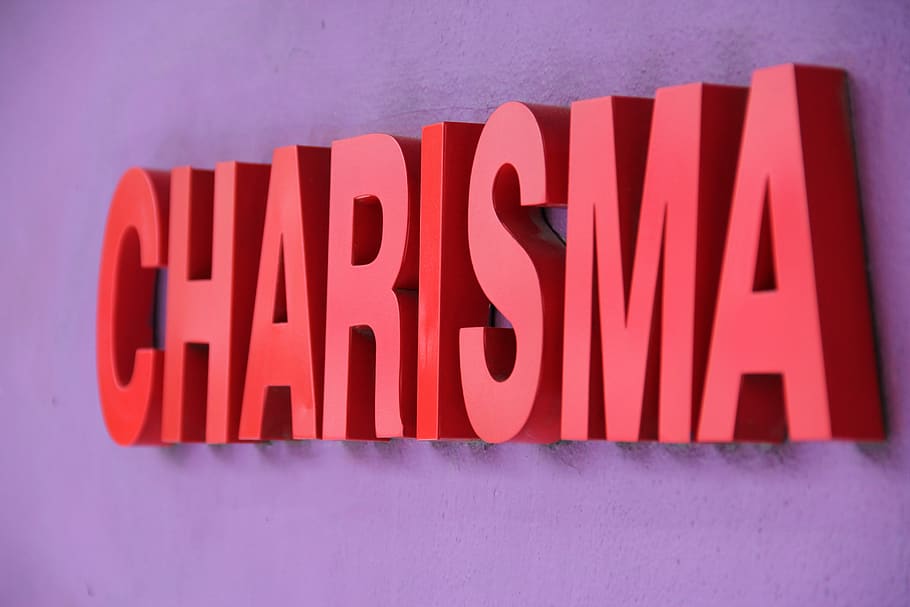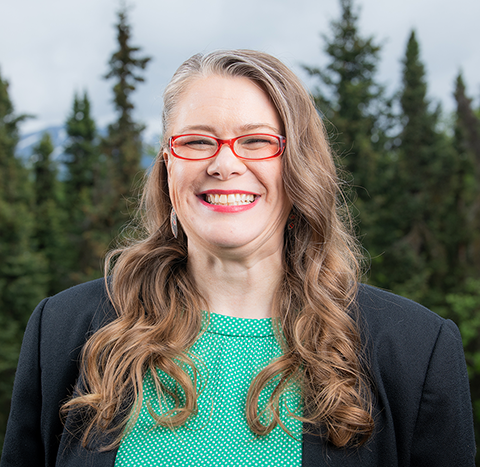Tonia A. Dousay
Scholar | Educator | Leader
It’s not remote teaching. It’s you.

RE—Zimmerman’s Video killed the teaching star: Remote learning and the death of charisma
Author note: this entry was originally shared in a Facebook discussion. It has been reproduced here, largely unedited.
Articles like this make furious and want to scream. Of course this [remote teaching] is painful. It’s different. That doesn’t mean anything is worse or dead. IT’S 🤬 DIFFERENT. And some of us have been doing it for a decade or more. I taught first synchronous video class in 2012 for James Madison University. Fun fact: I’ve never actually been to Harrisonburg, VA. I taught 5 video classes that academic year. I’m still connected to some of those students through FB, LinkedIn, and Twitter. I had lunch with one of them when we were in Houston at the same time.
I won’t lie. It wasn’t easy at first. I had to adapt to this new environment. But I began to see that the medium really doesn’t matter. I still have the control if I take the time to understand my environment–its limitations, its affordances, and any adaptations I need to make. Blaming Zoom is like blaming the 200-seat lecture hall holding my class of 40. It’s on me to establish the culture, bring everyone together, and work my magic.
What makes this hard(er) right now is that courses that flipped to remote in response to COVID-19 weren’t designed as such. It wasn’t/isn’t practical to get all faculty the development they needed to assist. Most are still figuring out how to to use the tech that they really don’t have the time to properly adapt their lessons and activities. Heck, many need development on that alone.
I and many of my colleagues who’ve been teaching and researching in this space for decades could flood administrative inboxes with the emails, texts, and PMs of gratitude, heartfelt messages, and honest confessions–for us and our continued efforts that made this less disruptive, being engaging, and using the tech effectively or stories of other faculty who’ve gone MIA, are inflexible, or just plain mean.
My patience, like so many others’, is worn thin. The difference is that I need my colleagues, collectively in academia, to realize that we are facing a significant change. Bemoaning this change is not constructive reflection. Recognize that there is expertise out there that has long been undervalued if not outright ignored. Either adapt by tapping into and expanding that expertise or be prepared to find a new line of work.
